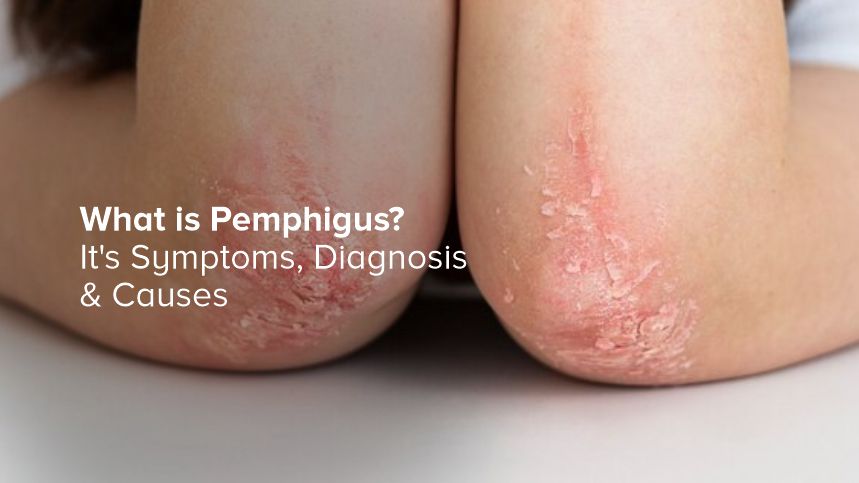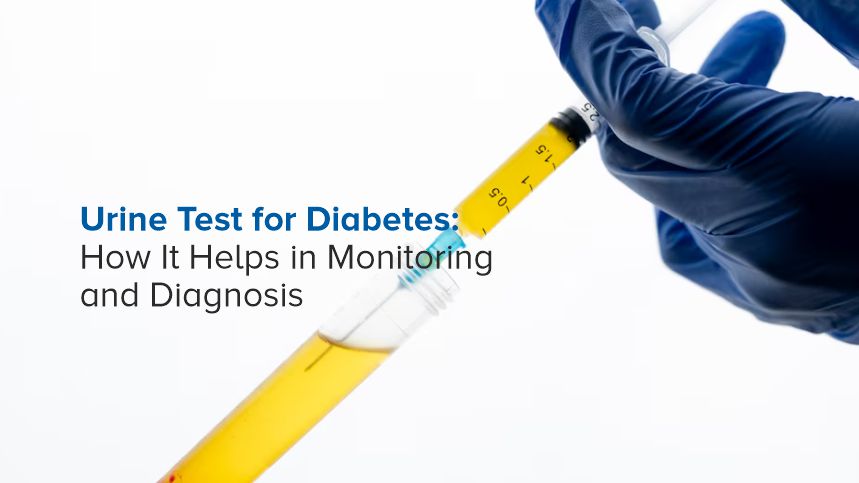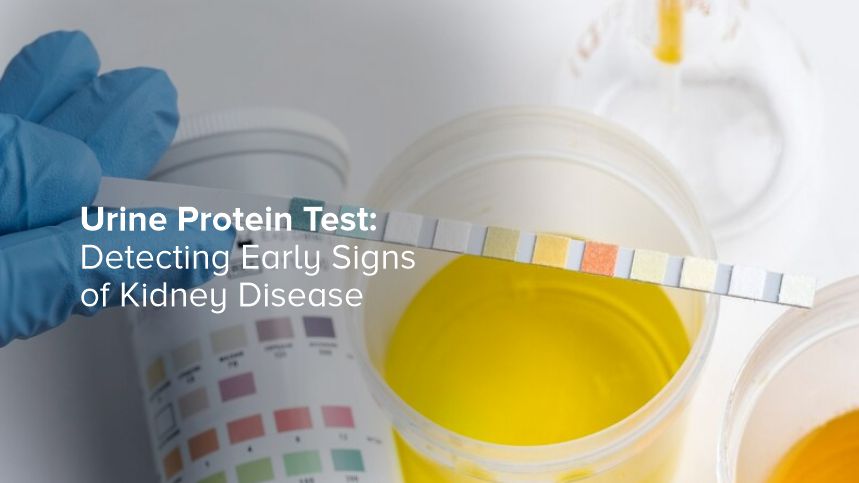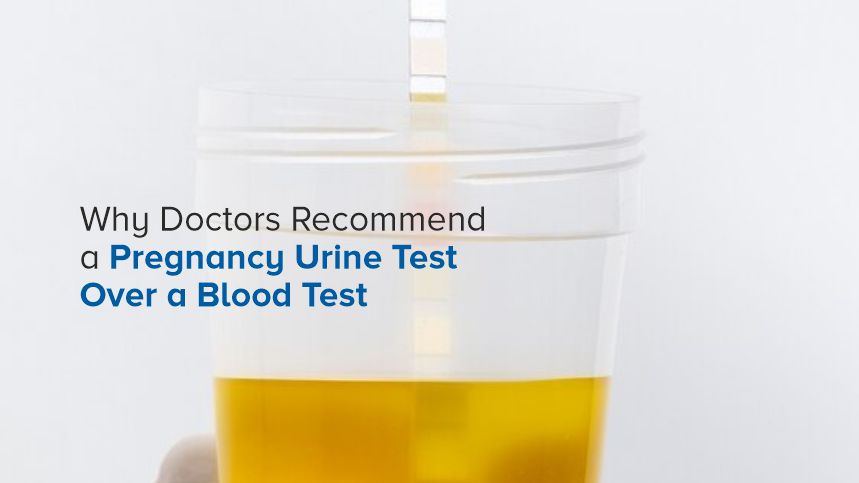


Condition
- Diabetes
- Diabetes
- Diabetes
- Diabetes
- Diabetes
- Top tests
- Allergy
- Top tests
- Top tests
- Top tests
- Top tests
- Diabetes
- Top tests
- Diabetes
- Top tests
- Top tests
- Top tests
- Liver Disease
- Diabetes
- Top tests
- Vitamin Deficiency
- Top tests
- Top tests
- Liver Disease
- Top tests
- Top tests
- Top tests
- Anemia
- Anemia
- Anemia
- Diabetes
- Diabetes
- Anemia
- Top tests
- Top tests
- Top tests
- Preventive Health Checkup
- Thyroid Disorder
- Heart Disease & Hypertension
- Top tests
- Preventive Health Checkup
- Diabetes
- Heart Disease & Hypertension
- Top tests
- Fever
- Allergy
- Liver Disease
- Lifestyle Packages
- Heart Disease & Hypertension
- Top tests
- Arthritis
- Top tests
- Top tests
- Heart Disease & Hypertension
- Kidney Disease
- Preventive Health Checkup
- Allergy
- Top tests
- Lifestyle Packages
- Top tests
- Kidney Disease
- Top tests
- Lifestyle Packages
- Top tests
- Preventive Health Checkup
- Preventive Health Checkup
- Top tests
- Top tests
- Vitamin Deficiency
- Allergy
- Diabetes
- Top tests
- Top tests
- Top tests
- Top tests
- Heart Disease & Hypertension
- Allergy
- Top tests
- Preventive Health Checkup
- Top tests
- Top tests
- Infertility
- Top tests
- Lifestyle Packages
- Allergy
- Diabetes
- Heart Disease & Hypertension
- Lifestyle Packages
- Preventive Health Checkup
- Preventive Health Checkup
- Top tests
- Preventive Health Checkup
- Top tests
- Diabetes
- Top tests
- Infertility
- Top tests
- Thyroid Disorder
- Top tests
- Allergy
- Preventive Health Checkup
- Vitamin Deficiency
- Top tests
- Top tests
- Infertility
- Lifestyle Packages
- Diabetes
- Liver Disease
- Kidney Disease
- Vitamin Deficiency
- Top tests
- Heart Disease & Hypertension
- Heart Disease & Hypertension
- Top tests
- Heart Disease & Hypertension
- Heart Disease & Hypertension
- Heart Disease & Hypertension
- Infertility
- Heart Disease & Hypertension
- Vitamin Deficiency
- Vitamin Deficiency
- Arthritis
- Arthritis
- Top tests
- Top tests
- Lifestyle Packages
- Preventive Health Checkup
- Lifestyle Packages
- Preventive Health Checkup
- Vitamin Deficiency
- Top tests
- Lifestyle Packages
- Lifestyle Packages
- Preventive Health Checkup
- Top tests
- Preventive Health Checkup
- Top tests
- Heart Disease & Hypertension
- Infertility
- Top tests
- Top tests
- Preventive Health Checkup
- Lifestyle Packages
- Top tests
- PCOD
- Preventive Health Checkup
- Lifestyle Packages
- Preventive Health Checkup
- Top tests
- Fever
- PCOD
- Kidney Disease
- Top tests
- Top tests
- Preventive Health Checkup
- Preventive Health Checkup
- Liver Disease
- Thyroid Disorder
- Top tests
- Heart Disease & Hypertension
- PCOD
- Top tests
- Arthritis
- Preventive Health Checkup
- Kidney Disease
- Lifestyle Packages
- Top tests
- Allergy
- Top tests
- Top tests
- Diabetes
- Thyroid Disorder
- Preventive Health Checkup
- Top tests
- Lifestyle Packages
- Preventive Health Checkup
- Top tests
- Kidney Disease
- Liver Disease
- Infertility
- Top tests
- Anemia
- Top tests
- Top tests
- Top tests
- Preventive Health Checkup
- Bone Health
- Cancer
- Fatty Liver

Tests
Pemphigus is a rare yet serious autoimmune condition that can significantly impact the daily lives of those it affects. Understanding this disease, its symptoms, and how it is diagnosed can help patients and caregivers take proactive steps toward managing it effectively.
What Is Pemphigus?
Pemphigus is an autoimmune disease that causes the immune system—normally responsible for protecting the body against infections—to attack healthy skin and mucous membranes. This results in blisters and sores, usually on the skin, inside the mouth, throat, nose, or even in the genital areas.
This condition is chronic, meaning it often requires long-term management. Pemphigus is not contagious, so it cannot spread from person to person through contact.
Types of Pemphigus
There are several types of pemphigus, each with unique characteristics:
1. Pemphigus Vulgaris (PV): This is the most common form and primarily affects the mucous membranes, like the inside of the mouth or throat. It can later spread to the skin.
2. Pemphigus Foliaceus (PF): PF typically causes blisters on the skin that are more superficial and do not involve the mucous membranes.
3. Paraneoplastic Pemphigus (PNP): A rare and severe form that is often associated with certain cancers, such as lymphoma.
4. IgA Pemphigus: A rarer, less aggressive form caused by IgA antibodies that leads to pustules rather than blisters.
Understanding the type of pemphigus is crucial in determining the best course of treatment.
Symptoms of Pemphigus
Overall, pemphigus manifests as painful blisters and sores that can range from mild to severe. These symptoms can vary based on the type of pemphigus a person has.
Common Symptoms
- Blisters on the Skin: Blisters may appear anywhere on the skin. These are often soft, fragile, and prone to breaking open, which can lead to painful sores.
- Mouth and Throat Pain: Ulcers in the mouth, throat, or esophagus, which can make eating and swallowing difficult.
- Scalp Blisters: For some, blisters appear on the scalp, causing discomfort.
- Fluid Leaking Blisters: Open blisters might ooze fluid, leaving the affected skin vulnerable to infections.
- Soreness in the Genital Areas: Painful blisters can occur in intimate areas, adding to discomfort.
Symptom Progression
Symptoms often start in one area of the body, such as the mouth, and later spread. If left untreated, they can significantly impact a patient’s quality of life. Early identification is key to minimizing complications.
What Causes Pemphigus?
Pemphigus is an autoimmune disease, which means it’s caused by the immune system mistakenly attacking the body’s own cells. But what triggers this autoimmune response?
Understanding the Autoimmune Process
The immune system produces antibodies to attack foreign invaders like viruses or bacteria. However, in pemphigus, the body produces autoantibodies that attack sticky proteins known as desmogleins. These proteins are responsible for holding skin cells together. When attacked, the skin cells separate, resulting in blister formation.
Known Triggers
While the exact cause of this immune system malfunction is not fully understood, certain factors may act as triggers, including the following:
- Genetics: A family history of autoimmune diseases could increase susceptibility to pemphigus.
- Medications: Rarely, certain medications like penicillamine and ACE inhibitors have been associated with triggering pemphigus.
- Other Diseases: Some cases of pemphigus are linked to other underlying medical conditions, including specific cancers such as lymphoma.
It’s worth noting that pemphigus isn’t caused by external factors like infections or allergens, emphasizing its role as an autoimmune disorder.
How Is Pemphigus Diagnosed?
Pemphigus can be challenging to diagnose. Due to its rarity and overlap with other skin conditions, it often requires specialized tests and clinical evaluations by a dermatologist or immunologist.
Step 1: Initial Evaluation
The diagnostic process begins with a detailed medical history and physical examination. Your doctor may ask about your symptoms, their onset, and whether you have any family history of autoimmune diseases.
Step 2: Skin Biopsy
A skin biopsy is one of the most reliable ways to confirm pemphigus. During this procedure, a small piece of affected skin is removed and examined under a microscope to look for characteristic changes caused by the disease.
Step 3: Blood Tests
Blood tests are used to detect specific autoantibodies, such as anti-desmoglein antibodies, which are often present in people with pemphigus.
Step 4: Immunofluorescence Tests
Direct and indirect immunofluorescence tests use fluorescent dyes to highlight antibodies that are attacking the skin. This test can confirm the diagnosis and provide additional insights into the disease.
Living With Pemphigus
While pemphigus is a chronic condition, it can often be managed effectively with the right treatment plan and lifestyle adjustments.
Treatment Options
- Corticosteroids: These are the primary treatment to reduce inflammation and suppress the immune response.
- Immunosuppressants: Drugs like azathioprine or mycophenolate mofetil are often used to control the immune system.
- Biologic Therapy: Rituximab, a monoclonal antibody, has emerged as a highly effective treatment for many patients.
- Topical Treatments: Ointments or topical corticosteroids can help manage localized blisters.
Regular Checkups
Managing pemphigus requires close monitoring by a healthcare provider. Regular follow-ups help ensure treatments are effective and side effects are properly managed.
Emotional Support
Living with a chronic condition like pemphigus can take an emotional toll. Support groups and therapy can provide invaluable help for patients and their families.
Preventing Flare-Ups
Avoiding triggers, sticking to prescribed medications, and maintaining good health can help mitigate flare-ups. Work closely with your doctor for solutions tailored to your specific needs.
Taking the Next Step in Understanding Pemphigus
Pemphigus is a complex disorder that requires timely diagnosis, effective treatment, and comprehensive support to ensure the best possible outcomes. While living with this condition presents challenges, understanding its nature and available treatment options can help patients lead fulfilling lives.
If you or a loved one are struggling with pemphigus or suspect you may have symptoms, reach out to a healthcare professional. Early diagnosis can make a world of difference.
WANT TO BOOK HEALTH CHECKUP ?
Recent Blogs
Urine Test for Diabetes: How It Helps in Monitoring and Diagnosis
Diabetes, a chronic condition affecting millions globally, requires diligent monitoring...
27-03-2025
Urine Protein Test: Detecting Early Signs of Kidney Disease
Kidney disease often develops in silence, with few or no symptoms in the early stages. By...
27-03-2025
Why Doctors Recommend a Pregnancy Urine Test Over a Blood Test
When the possibility of pregnancy arises, confirming it accurately and as early as possible...
27-03-2025







